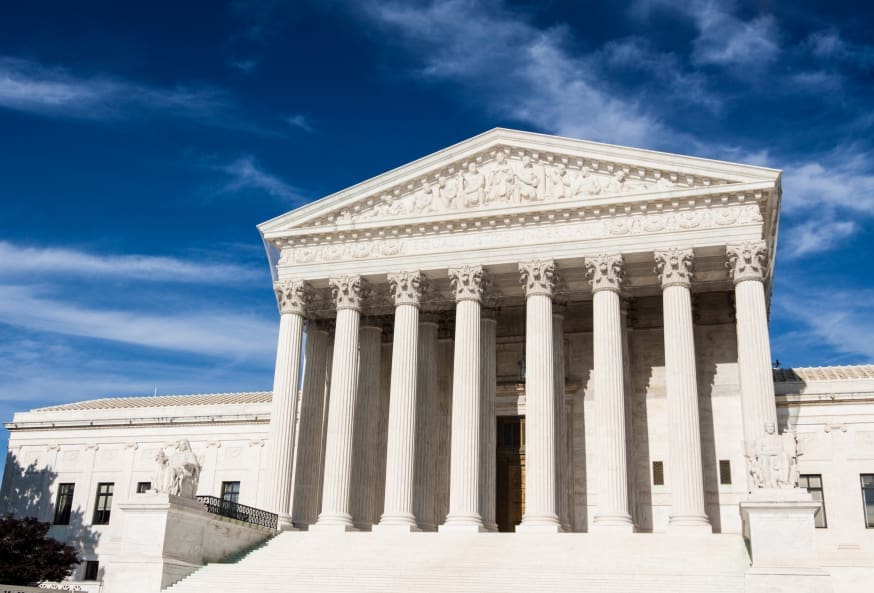
Appealing a Judgment from a Trial Court
Often litigants are unhappy with a decision by a trial court. In some of those cases, the unhappy litigant believes that the trial court did not implement the law properly. In those cases, it might be possible to appeal the trial court’s decision.
Appellate courts do not create a new trial, and the courts not hear new evidence that was not presented to the underlying trial or lower court. Instead, a court of appeal will review what transpired in the lower court and determine whether proper procedures were followed and whether the law was applied correctly. Appellate courts generally defer to the trial court or jury findings regarding factual issues, and only examine how the law was applied during the lower court’s hearing or trial.
The initiation of an appeal is generally governed by very strict time requirements. First, the party appealing the decision must file a notice of appeal in the lower or trial court. Second, the party appealing the decision must designate an appellate record consisting of materials from the trial court that party wishes to present to the appellate court. The deadline to file a notice of appeal in state court varies. In Maryland Circuit Courts, DC Superior Court, and United States District Courts, the notice of appeal must generally be filed within 30 days after the final judgment in the lower court is entered. An attorney can help you with determining your exact deadline for filing notice of appeal.
Appellate cases generally involve three legal briefs, all of which must contain citations to cases and statutory or other legal authorities. Appeal briefs must also contain proper citations to the designated appellate record. First, the party appealing the decision (the “appellant”) files an opening brief or “appellant’s brief” with the court of appeals. This brief must explain the factual and procedural history of the case and then state how the trial court erred and why the appellate court should reverse the ruling. The party that does not want the lower court’s judgment to be altered (the “appellee”) then files a responsive brief or “appellee’s brief” with the appellate court. Like the appellant’s brief, this response also explains the factual and procedural history of the case, followed by argument supporting the trial court’s decision. Finally, the appellant often has an opportunity to file a reply brief. In the appellant’s reply, the appellant can argue against the claims made in the appellee’s brief, but is not permitted to introduce any new legal arguments. The reply is limited by only being able to address statements made in the responsive brief.
Typically, after the briefs are filed, a panel of appellate court judges will hear oral argument, which can take place anywhere from a few months to a year or more after the appeal is filed, depending on the court. The number of judges on the panel can vary based on the court. Some courts have the ability to decide cases based solely on the briefs, without hearing oral argument. Ultimately, the appellate panel will issue a written opinion stating their decision and providing the reasoning behind the decision.
Longman & Van Grack’s appellate attorneys consists of lawyers who have not only handled appeals in different appellate courts but also lawyers who have served as judicial law clerks on various courts. Thus, our lawyers are very familiar with the appellate rules, procedure, and advocacy. Our attorneys have filed petitions with the United States Supreme Court and also argued cases before the Maryland Court of Appeals, Maryland Court of Special Appeals, and DC Court of Appeals. If you would like to discuss our assistance with an appeal, call Longman & Van Grack’s appellate attorneys today at (301) 291-5027 to schedule a consultation in our Bethesda or Rockville, Maryland offices. You can also reach the head of our Appellate Practice, Adam Van Grack, directly at (301) 291-7156.
